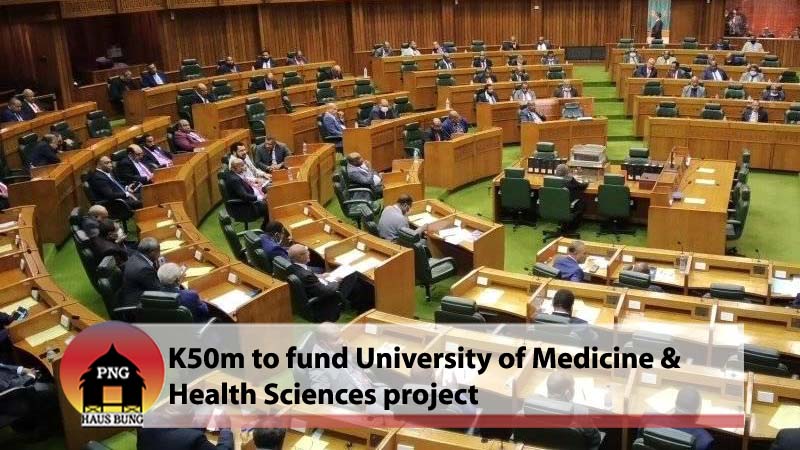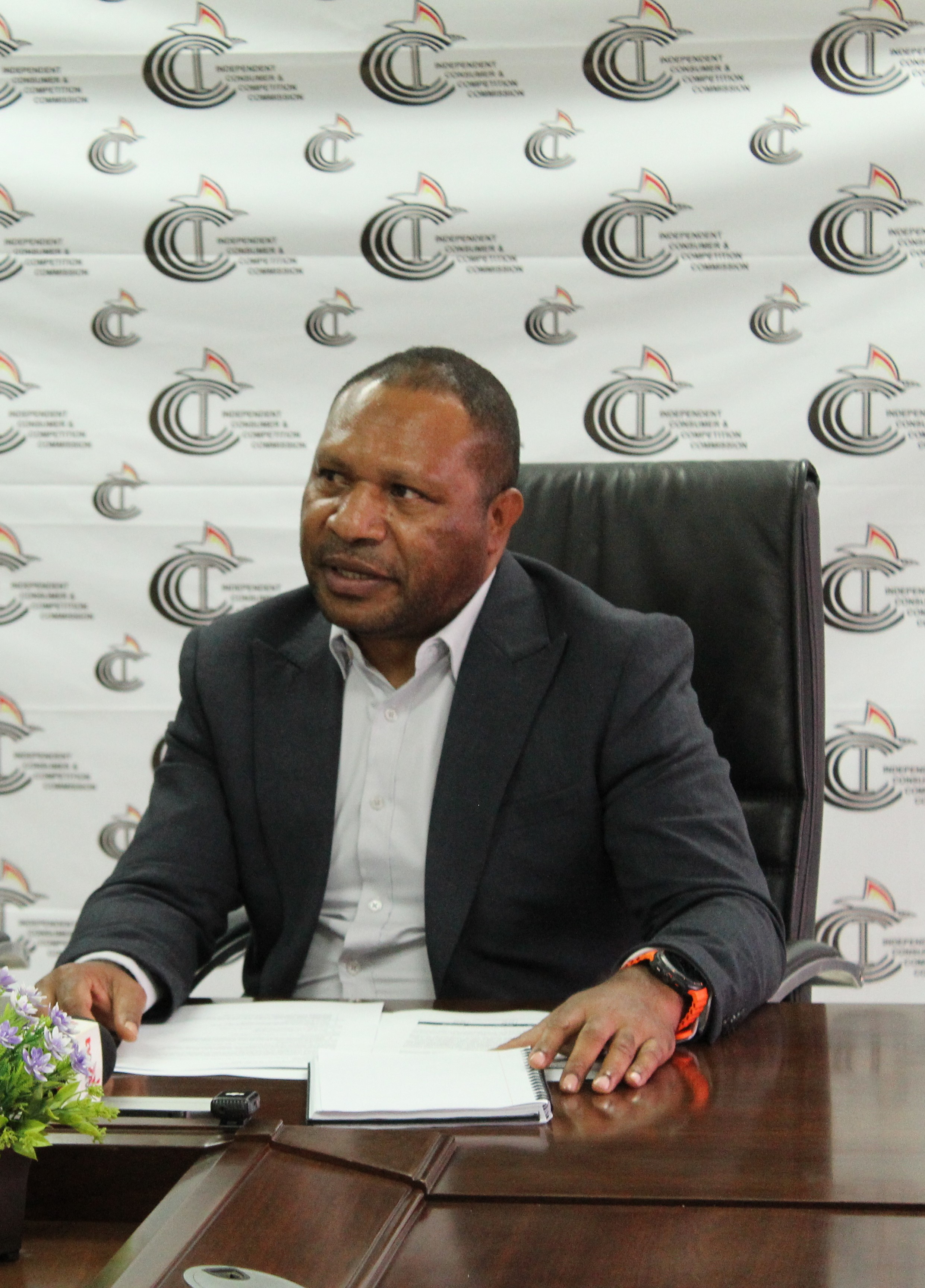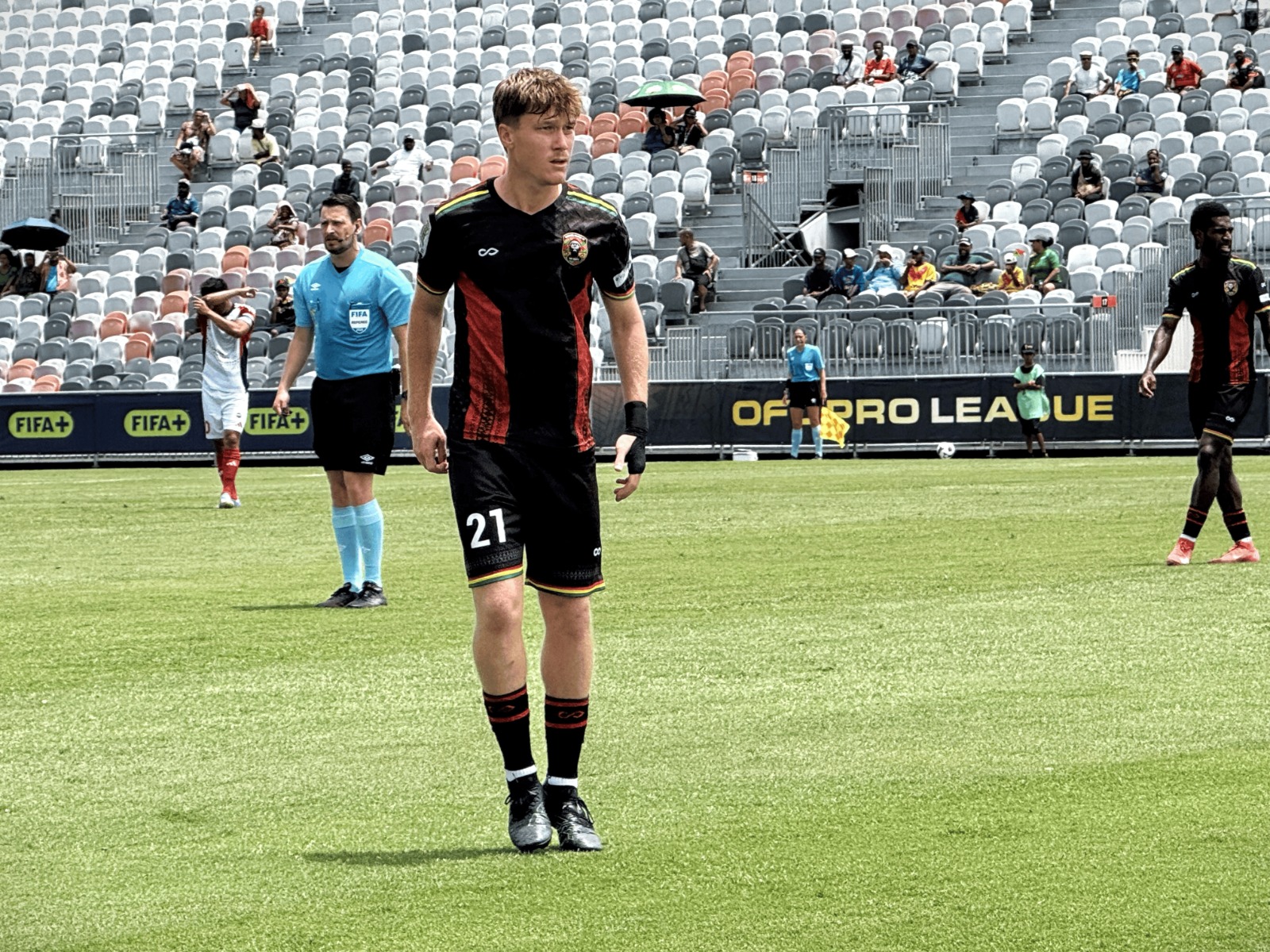The government has increased the Capital Investment Budget for 2023 as it focuses on ticking off its big ticket items before the country reaches its 50th Independence Anniversary in 2025.
The Minister for Finance and Planning, Mr. Rainbo Paita, when giving his speech on the 2023 National Budget, thanked the Treasurer for the increase in the investment budget compared to the 2022's Capital Investment Budget because it will ensure the department and its partners work towards achieving them.
Minister Paita explained that the aggregate Capital Investment Budget for 2023 stands at K9.7billion, which is an increase of K1billion above the 2022 original appropriation of K8.7billion.
That is a 12% increase from the 2022 investment budget.
"The increase in the capital investment budget is basically trying to manage how we can tick off big ticket items," said the minister.
"The 2023 Capital Investment Budget is a critical component of the 2023 National Budget and it is important for me to outline the key investments of the Marape/Rosso government going forward."
Minister Paita said one of these big ticket items, a flagship program of the government, is the Connect PNG program.
The program aims to link every remote area to the urban centers and urban centers to the rest of the country.
He said its a 20 year program and aims to reach 100% connectivity of Papua New Guinea (PNG) by 2040.
That is why the minister said that a total of K1billion was appropriated to Connect PNG in next years budget, which is an accumulative total from a combination of government direct investment, development partners and government counterpart obligations.
Another big ticket item on the government's list is the PNG University of Medicine and Health Sciences, a planned full upgrade of the University of Papua New Guinea School of Medicine and Health Sciences.
This project is a priority investment of this government and we have committed K50million for this project in 2023, said Minister Paita.
Also under the Health sector, is the proposed new hospital for the Central province.
I am also pleased to announce that we will commence the construction of a 395- bed provincial hospital for the Central province with K50million allocated in the 2023 budget.
That K50million is from the K100million committed by the government to the development of provincial hospitals.
The other thing is the education interventions with K226.7million allocated in the Capital Investment Budget, of which K126million was allocated to the higher education sector, particularly for Teachers and Nursing colleges. This also includes support for School of Excellences and TVET.
The Special Economic Zone (SEZ) and the Pacific Maritime Industrial Zone (PMIZ) are also items on that list. The governments investments in these projects stand at K77million, derived from the K689.3million allocated for the Economic sector.
The governments Land Partnership program also received a commitment of K156million in the 2023 Capital Investment Budget.
The government will aggressively pursue unlocking the full potential of our land resources, increasing bankable land for investment, productive utilization and creating more employment and economic opportunities, Paita added.
Minister Paita said another flagship program is the Small and Medium Enterprises (SME) with K219million committed by the state for it.
For the Agriculture sector and Commodities support, Paita said the government injected funding of K144million to the Commodity sector and a further K100million being locked in for state equity to support state participation in large scale agriculture investments. A further K33million was also allocated for commodity roads.
Meanwhile, the other key areas of investments allocated funds for in the Capital Investment Budget for 2023 are in the Provincial and District Infrastructure, Law and Order, Government Office Precinct, Hydro Development and Energy Development, Information and Communication Technology, and Public Private Partnership (PPP).
Paita said the Capital Investment Budget provides every opportunity for growing the economy for a better PNG and with that, he called on all government stakeholders at all levels to align and commit their development plans and to work towards reaching the desired outcome.
Development partners, civil society organisations and the private sector are also encouraged to continue their support and complete the governments efforts in achieving its priorities.
He concluded that it is important that PNG's partners are not working in isolation of the government's priorities, systems and processes.







